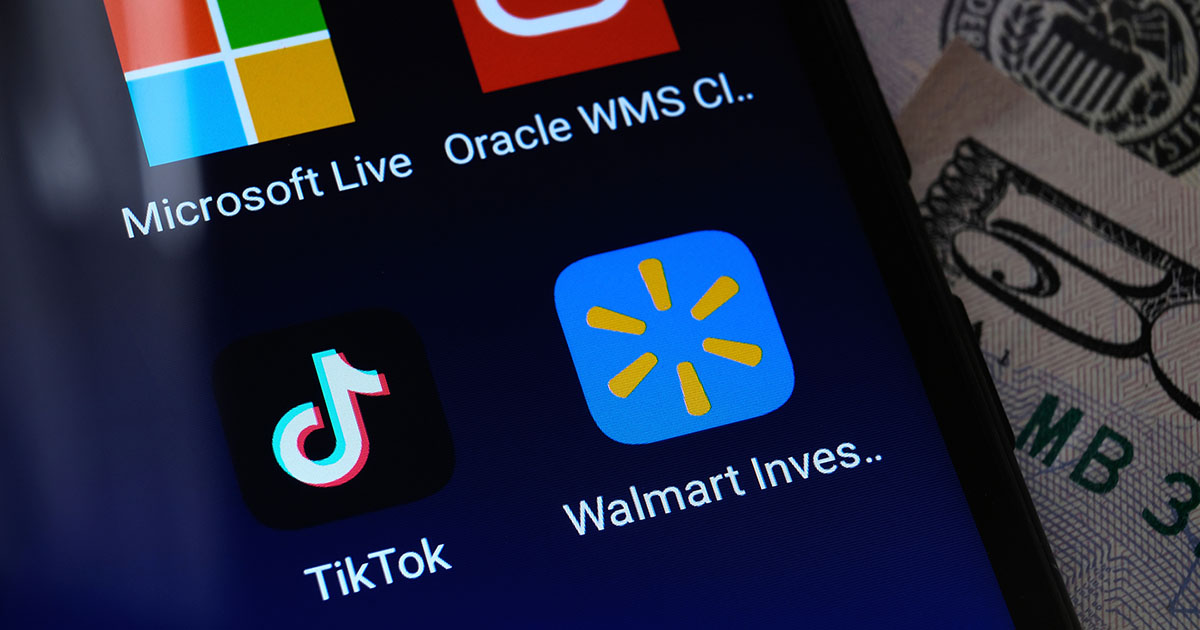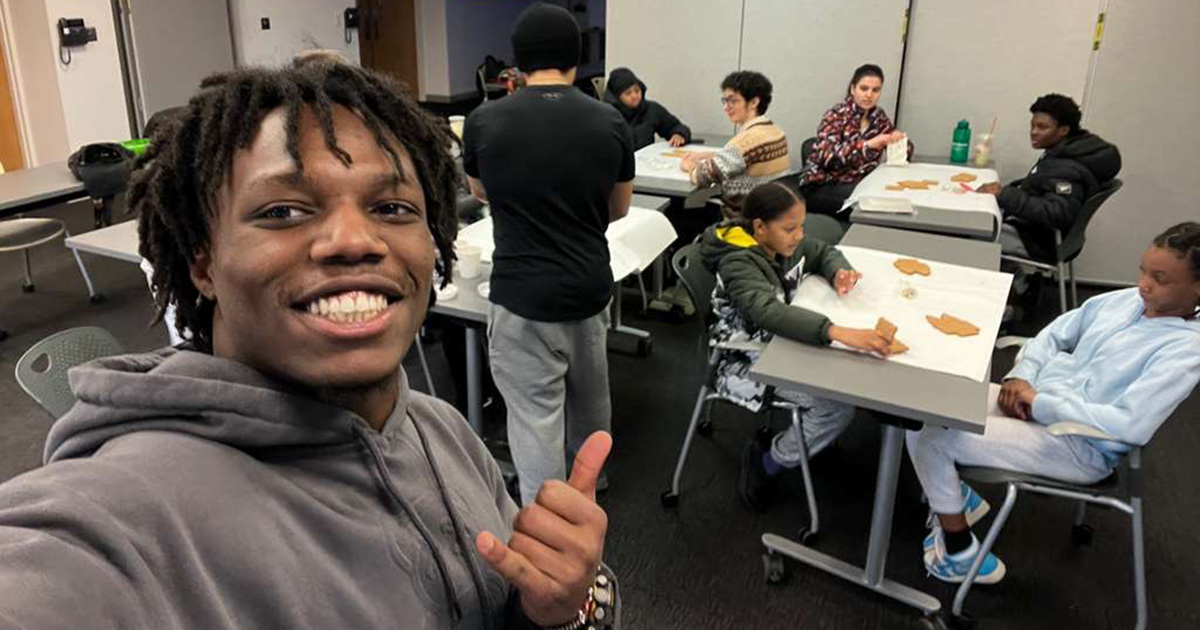The TikTok Acquisition’s Puzzling Fit

The deal to acquire TikTok—a social app for making and sharing short videos, with 800 million users worldwide—has taken numerous twists and turns since it started in early August.
The acquisition remains fluid, with ongoing disputes over ownership stake, security, control over a prized technology, and a valuable algorithm.
Under the proposed terms of the deal, Oracle and Walmart would hold about a 20% stake in the company. The current owner, ByteDance, would hand out their shares of the newly created company, TikTok Global, to the company’s current backers, including American investors.
But, why would a software company and a retail company purchase a social media company? Babson Professor Jay Rao looks to the primates for insight.
“Gorillas have to buy monkeys to stay successful. Very rarely do companies keep growing organically forever,” he said.
Rao, who focuses on innovation and innovation initiatives within firms, uses the term “monkey” to describe small companies, and “gorilla” or “chimpanzee” to refer to larger companies.
“Oracle needs to catch up to the bigger players like Amazon and Microsoft in Cloud services, and having TikTok as a customer is a feather in their cap of Cloud services.”
Professor Jay Rao
“It’s in fast-changing technological environments—such as software or hardware—where companies see they have no choice, as the external environment changes so quickly, they have to catch up. So they buy for fast-learning and catching-up,” he said.
“A software company buying a social media company is not so rare. Think about Microsoft buying Skype, and then LinkedIn—they were buying a community,” he said.
While some may find it odd, in the case of Oracle, Rao says that “Oracle and TikTok are linked by the Cloud. Oracle needs to catch up to the bigger players like Amazon and Microsoft in Cloud services, and having TikTok as a customer is like having a feather in their cap of Cloud services.”
The Walmart Connection
Yet, why would a retail company to get into the social media game?
“This is not a traditional gorilla buying a chimp,” said Rao. “Google is not there, Facebook is not there, and they would be the obvious choices. Both Google and Facebook have very little presence in China, so they cannot be pressured by the Chinese government as easily as an Apple or a Microsoft or a Walmart, who all have a large presence there.”
Therefore, according to Rao, the tough question is: Why is Walmart pursuing this?
His answer? Rao highlights the fact that many executives buy companies because of FOMO: Fear Of Missing Out.
“It’s not a logical thing at all. There are many logical reasons to buy a company, such as you want to reach the next generation of customers, or your customers are aging—these are logical reasons. But, sometimes it just comes down to fear of missing out,” he said.
Like what Professor Rao has to say? Register for his upcoming Babson Executive Education course, Innovation and Growth Post-Crisis, October 7–21, 2020
Looking Ahead
“When Microsoft came up with Xbox, people were scratching their heads, asking, ‘What is a software company doing with hardware?’ ” Rao said.
“Now we are asking ourselves the same questions with the TikTok acquisition. Why exactly are they buying? And, what will they get out of it?” he said.
Rao points out that this unlikely acquisition is an indication of where the industry may be going.
“That early indication of Facebook buying Oculus, or Microsoft introducing Xbox, is actually guiding us to where the industry may be going. From hardware to software to services to social media. These are the movements that we may be able to foresee,” said Rao.
For observers and onlookers, what is happening now might be a sign of what’s to come.
“When Facebook bought Oculus, for the next three years, billions of dollars went into virtual reality. So, these moments of surprise, or FOMO, are actually guiding us in terms of where the big leaders are thinking and where to put money,” he said.
Posted in Insights




